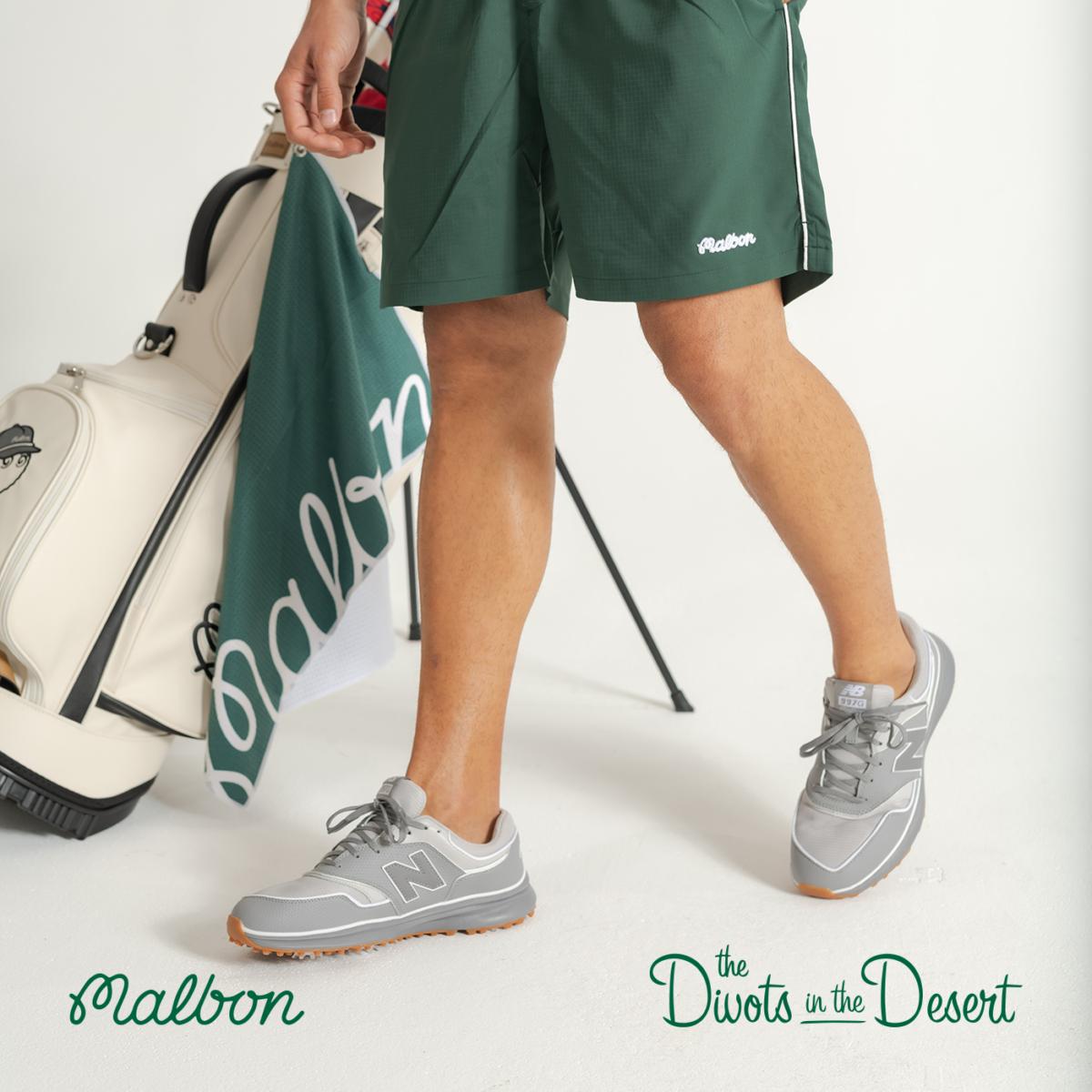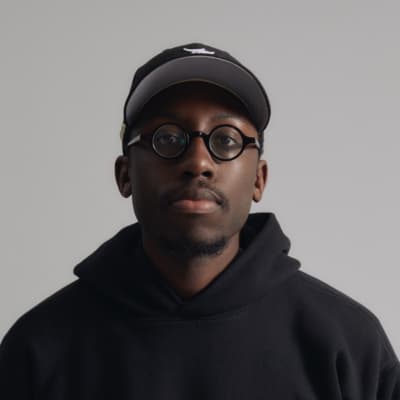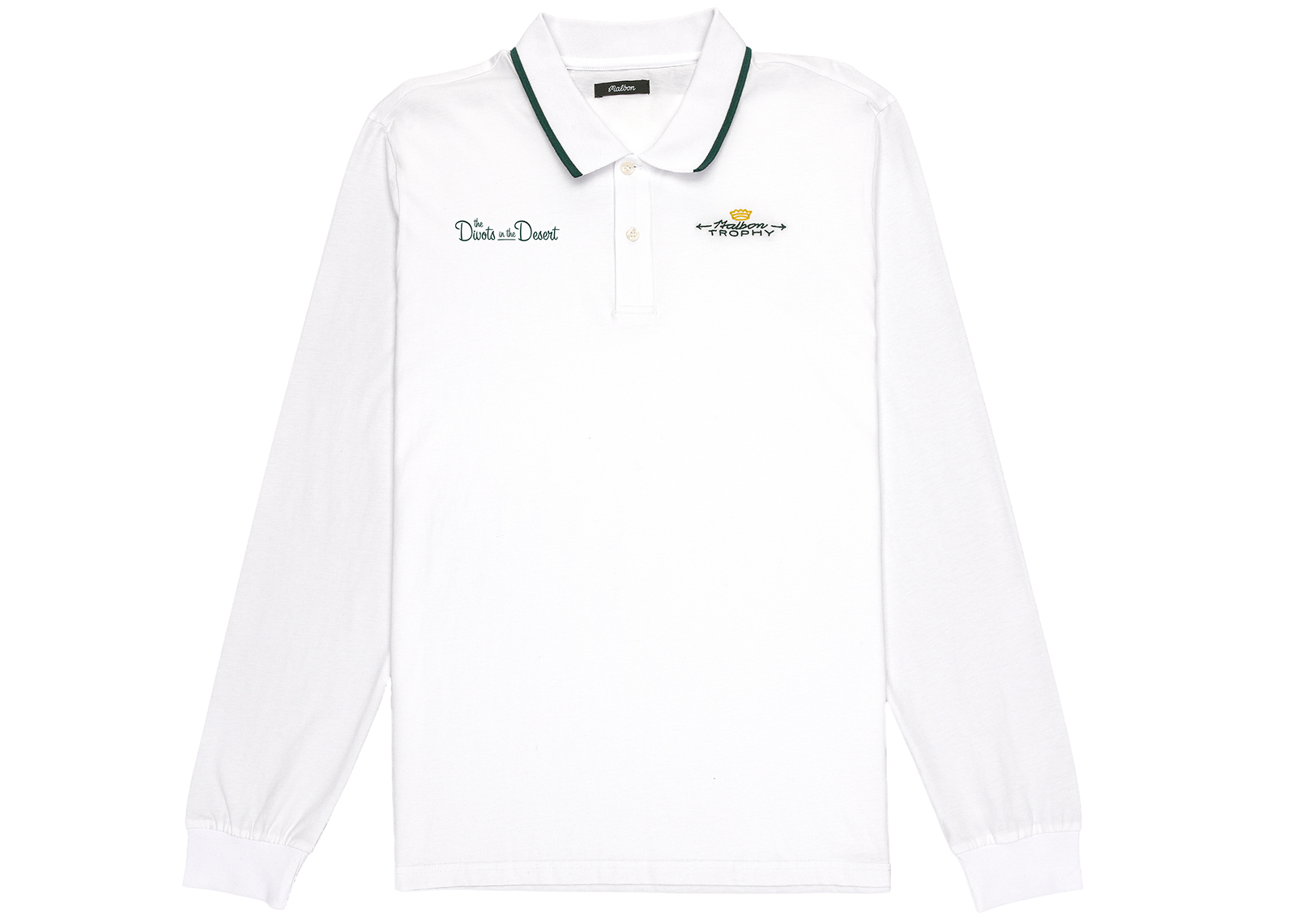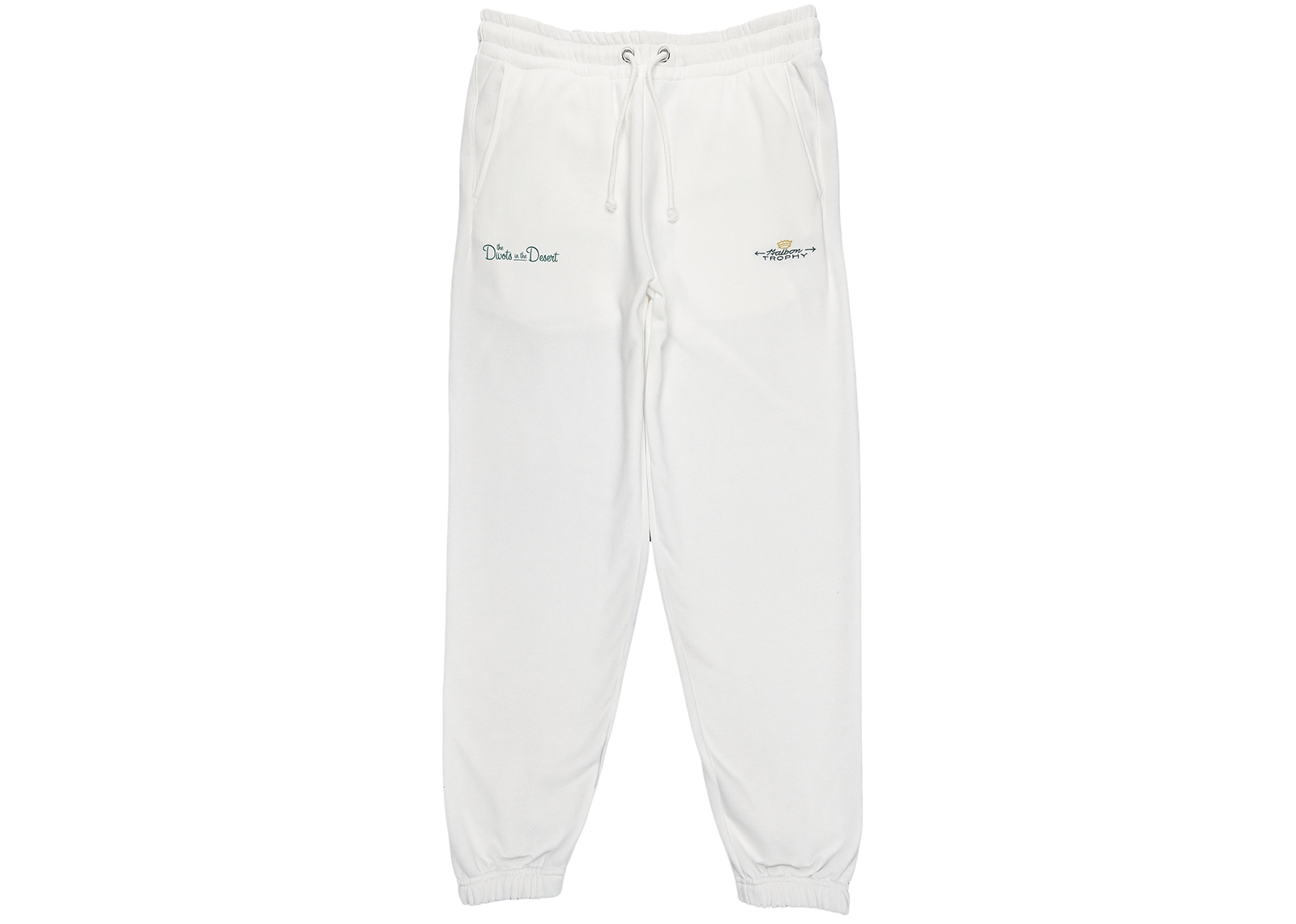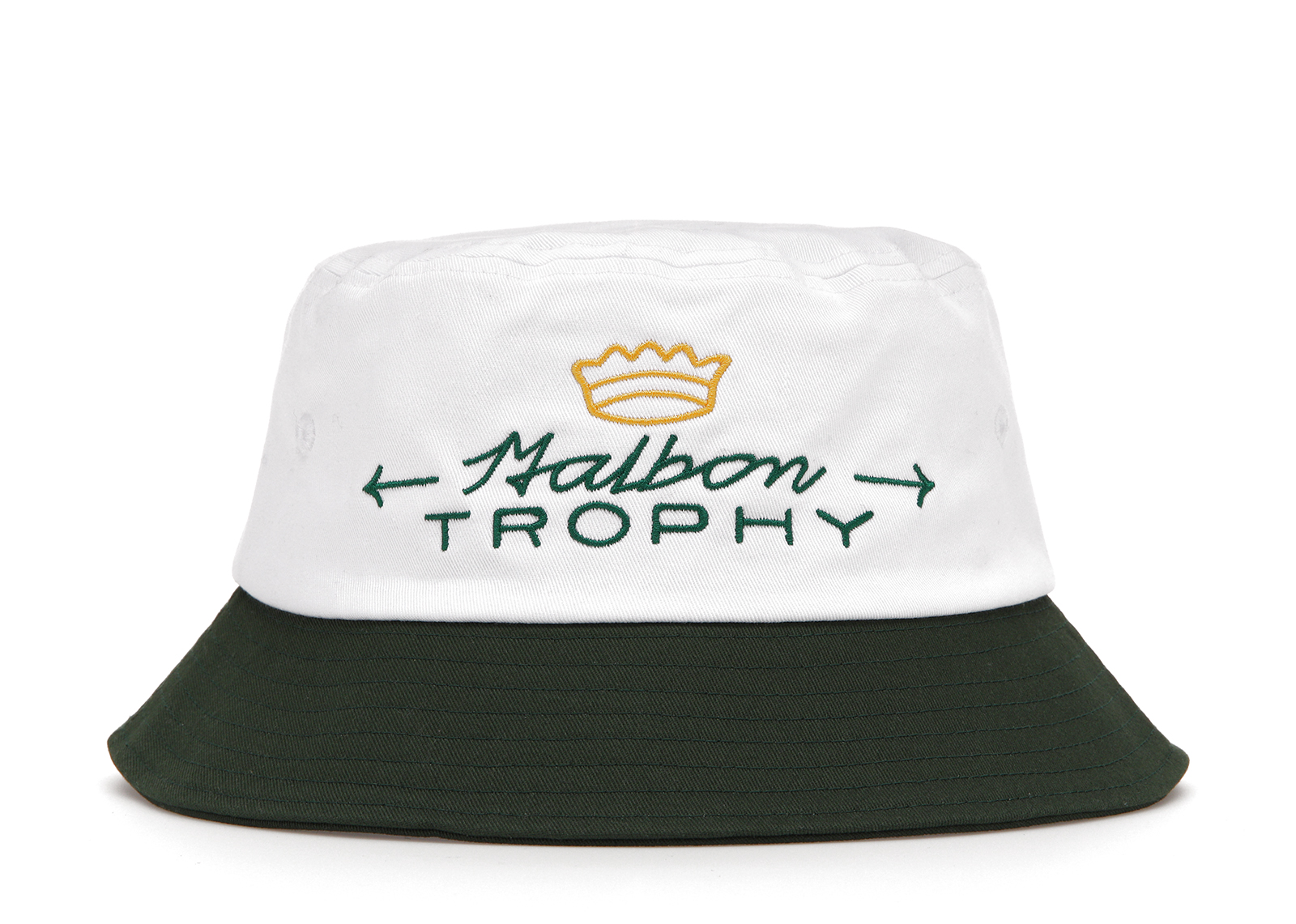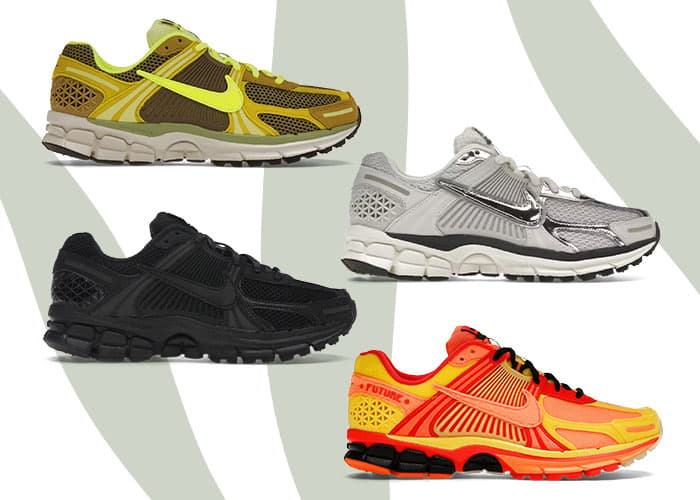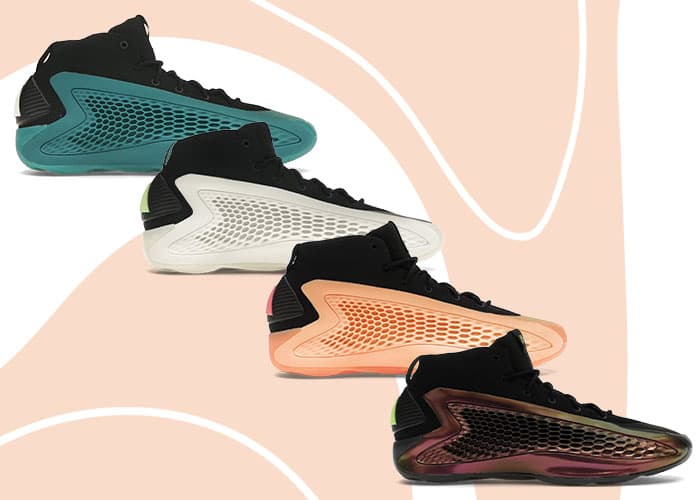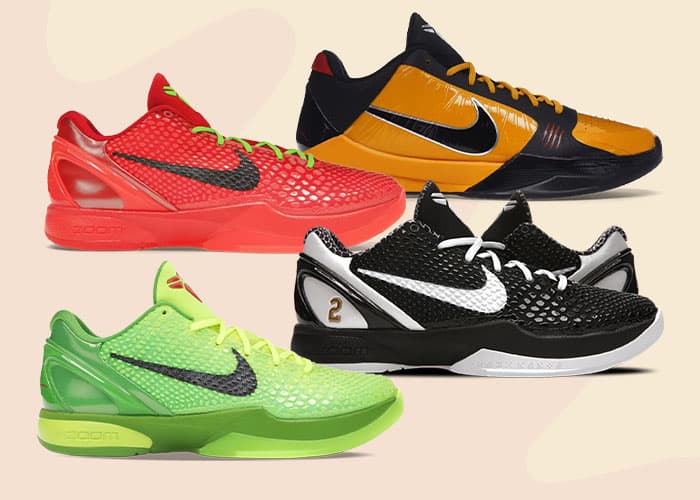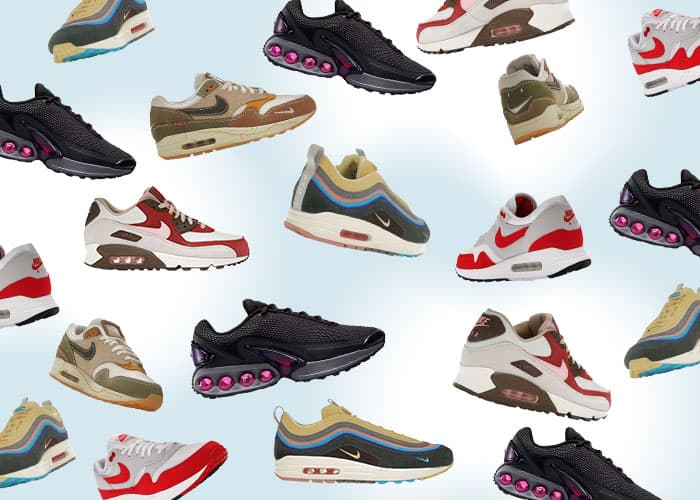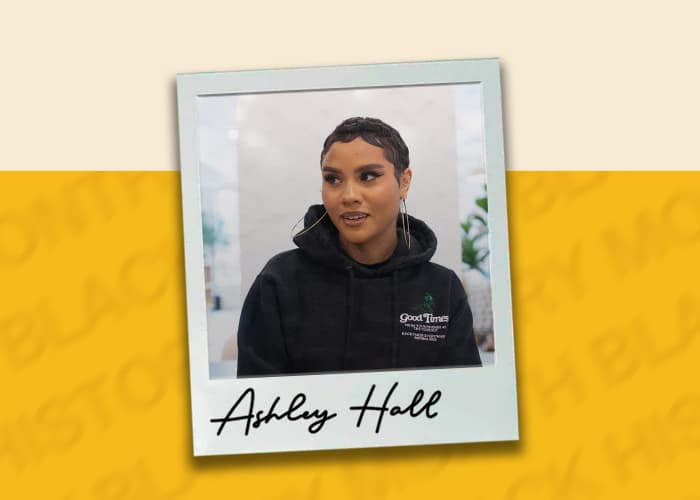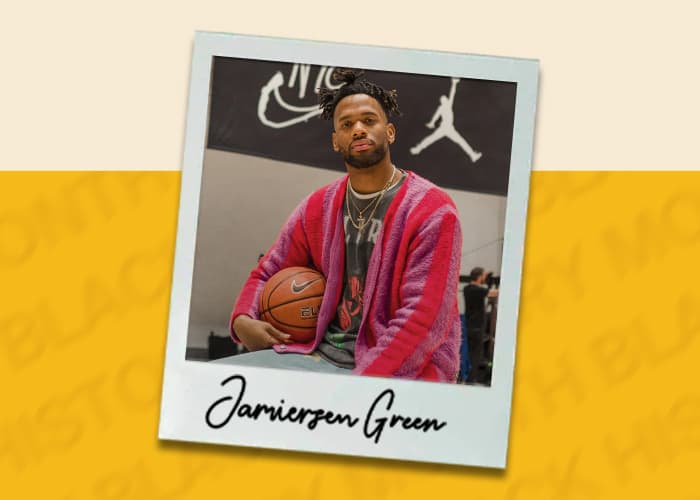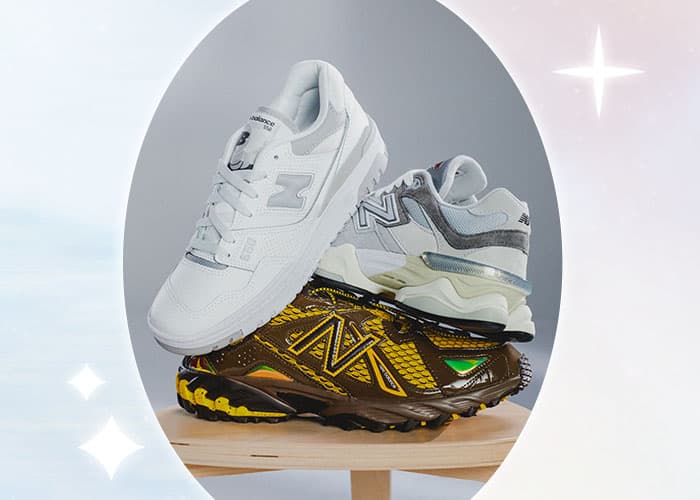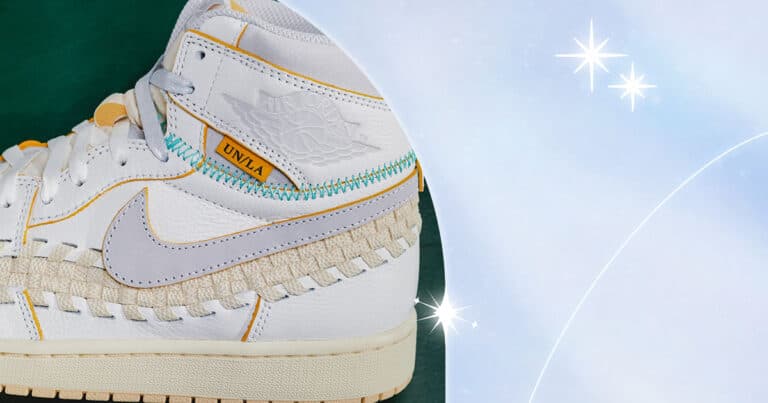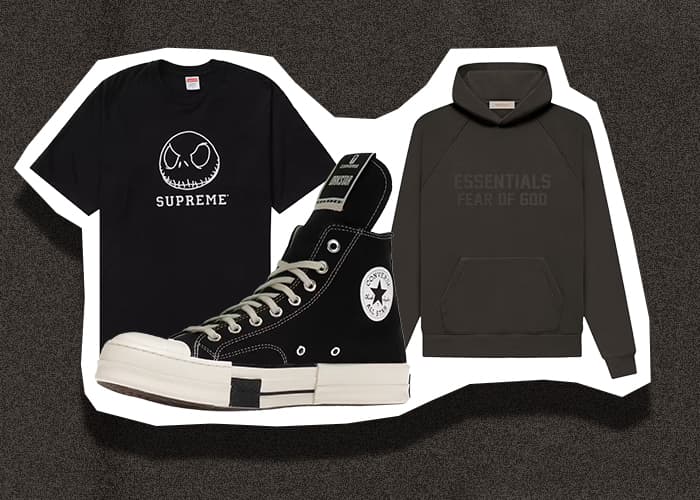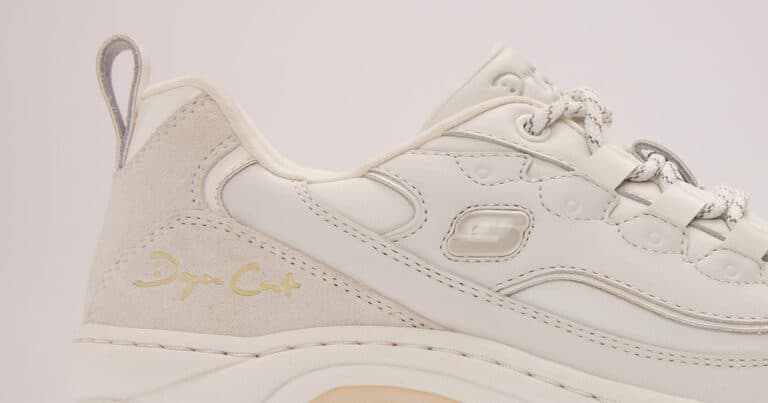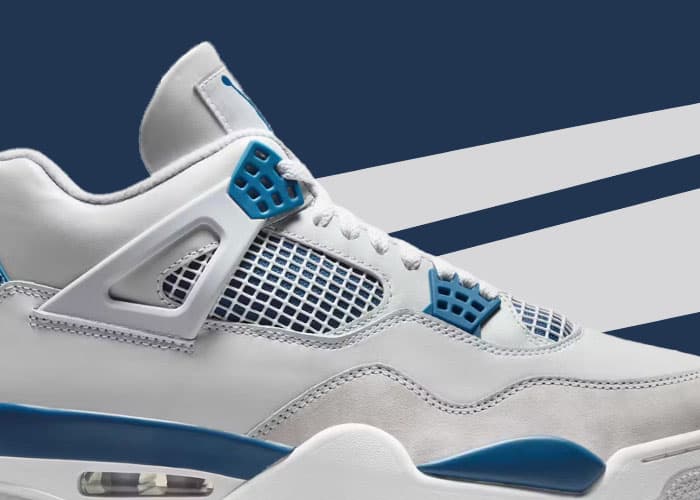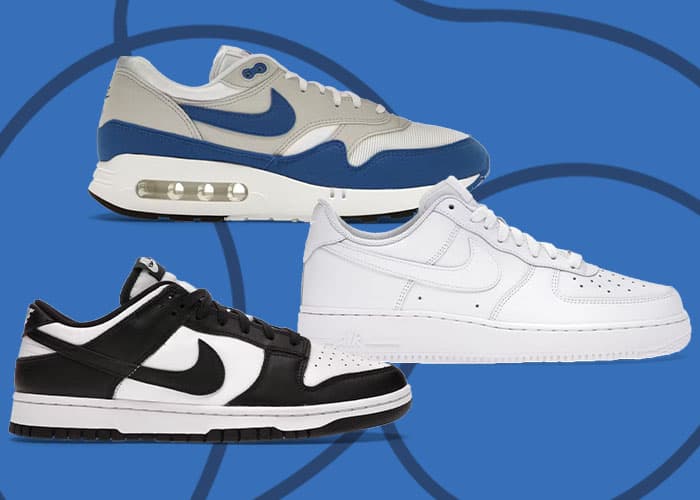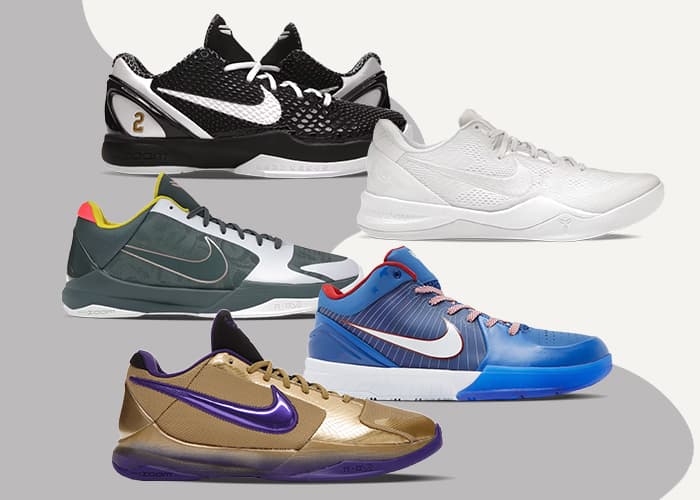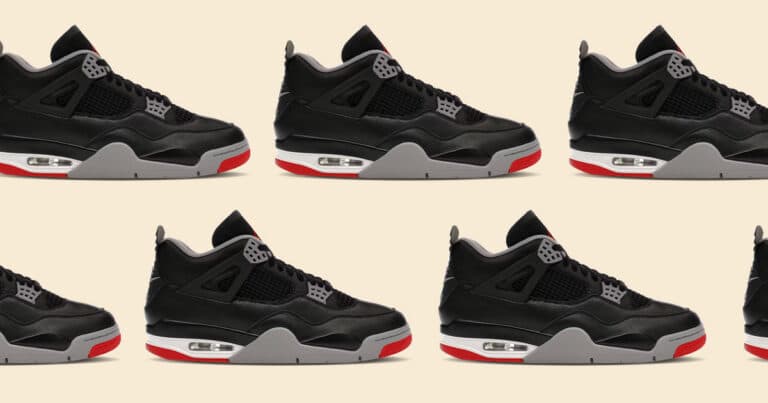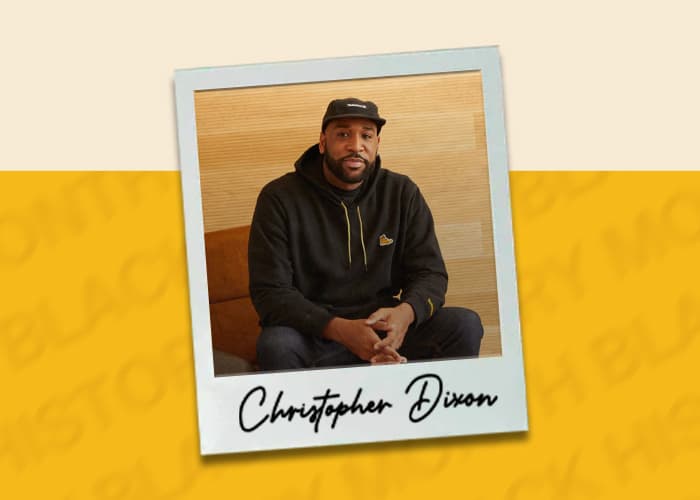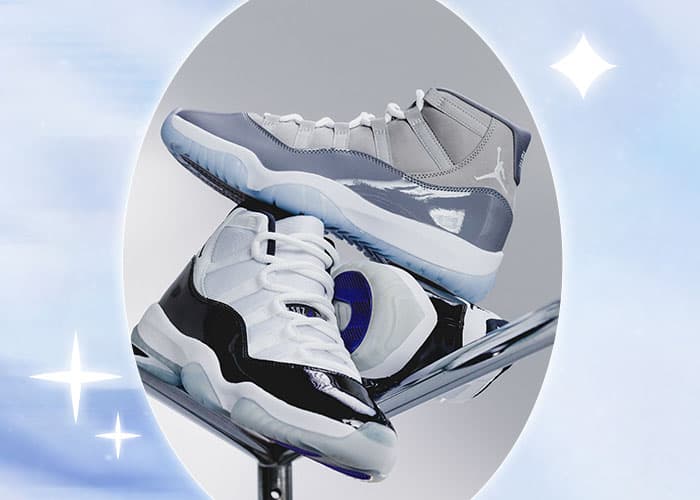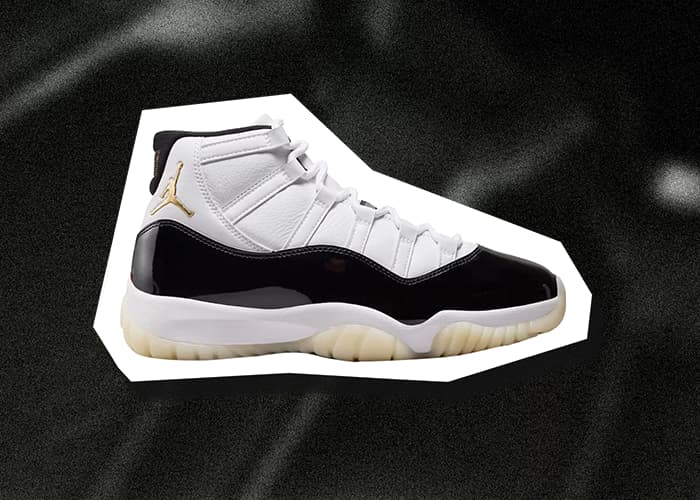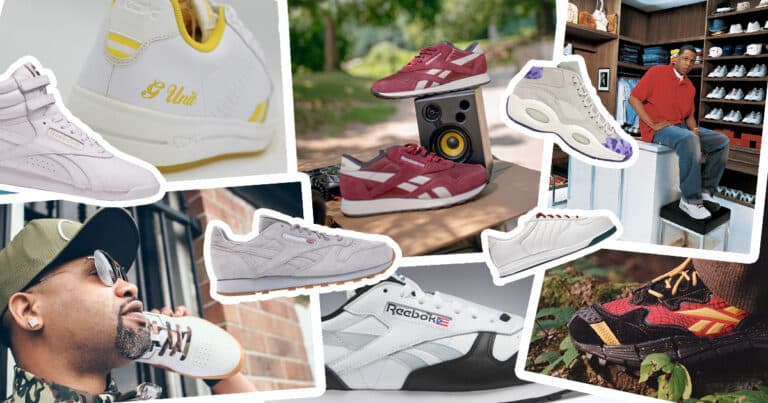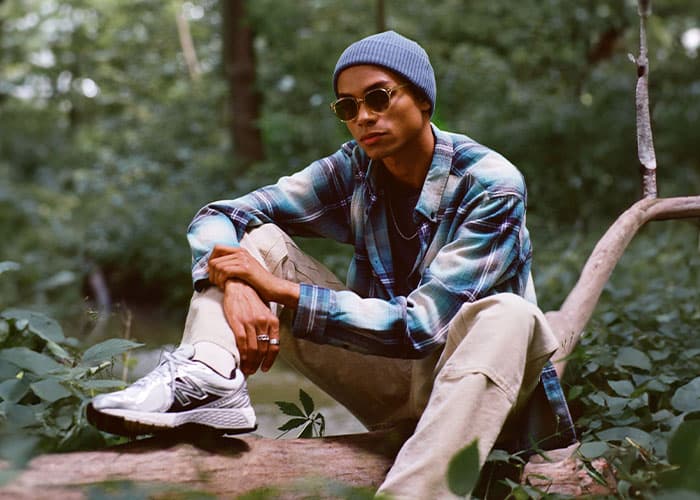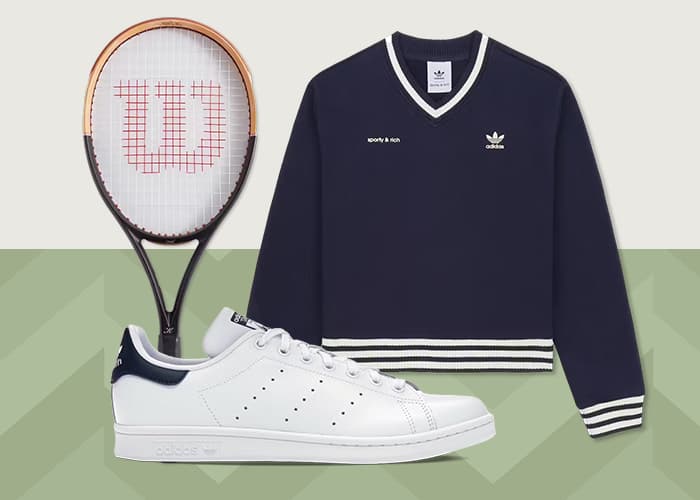Golf culture has popularly been portrayed as a game full of arcane rules and only meant to be played by those of a certain age and socioeconomic background. Movies like Happy Gilmore and Caddy Shack portray a divide based on status and class that has been promoted within the sport. But, golf is currently experiencing a cultural shift. Nike and Jordan golf sneakers have ushered in a new wave of players from different age groups and demographics. Pop cultural icons like Tom Holland and Drake are regularly found playing golf in their spare time. Even golf clothing, traditionally known for its basic, performance-based, and technical apparel, is experiencing a refresh thanks to brands like Malbon.
Malbon Golf, an LA-based brand started by Stephen and Erica Malbon, is at the forefront of golf’s cultural evolution. Founded in 2017, the Malbon family started the brand to create a more inclusive environment within the sport. Through the power of their clothing and accessories, which are golf-inspired, fashion-forward pieces, they told us their mission is to remove the ostracizing stereotypes of the sport and usher in a new wave of golfers to the sport.
To help further promote an inclusive environment for golfers on the course, Malbon teamed up with StockX to create the ultimate golf invitational, which catered to players of all skill levels. Divots in the Desert represents a new era for golf tournaments and the next generation of golf enthusiasts. Sport and culture collide in Palm Springs the day before Coachella as StockX and Malbon bring together the most exciting players in golf, music, and style to participate in a new take on the golf invitational.
We chatted with Stephen and Erica Malbon about their brand, the evolution of a new golf community, and how Divots in the Desert contributes to golf culture as a whole.
StockX: In the past, we talked a lot about golf missing a sort of “cool” community of people outside of the typical “golfer” that usually comes to mind for many. How does Malbon fit into this?
Erica Malbon: Our goal when we started Malbon was always to grow the game. Before we started the brand everyone’s perspective was like “Golf’s dying! Golf’s dying!” but we saw that there’s so much opportunity and so many people that love it. If we could shine a light on how we think golf should be and how it can be inclusive, then we can tell that story of it being fun and not so serious.
Stephen Malbon: We want to change the perspective of golf a bit. Like the perspective of it being a little bit heavy. Heavy and old. And try to replace it with young and light.
What about your apparel makes it more open to a wider community of people?
Erica: Stephen’s sort of our muse for the brand. He was interested in fashion and things outside of golf but there were not any golf clothes that were really speaking to him as a multifaceted person. That’s where our brand comes into play. Malbon Golf started as a response to what we were seeing in the market. A lot of the other brands we saw were really focused on performance, rigid cuts, and uniformity. People already associate golf with a specific uniform. We wanted to make a brand that brings in a younger, more inclusive audience and we saw that gateway through clothing. We want to attract more people like Stephen into the sport, those that are interested in fashion, interested in music. And if we can create a look for them, that’s more approachable, then we actually have a chance of getting them interested on the course.
Does that mean you are more focused on bringing new people into the sport?
Stephen: We’re just trying to normalize golf a bit more the same as it is in surf, skate, and snow cultures, where the journey to the course is just as much exciting and fun with your friends as it is to play in the first hole. Having lunch afterward, and laughing about the good shots and the bad shots you had all day with your buddies.
Right now in golf, a lot of people, especially those new to the sport, buy what they think is the appropriate clothing because they saw a pro at the PGA Tour wear it on the course. With this in mind, pro shops and big box-types of stores where a lot of these people shop will stock that specific type of clothing in their inventory. That leaves very little room for imagination for those leisure golfers in the everyday world.
Erica: We’re a fashion brand inspired by the game of golf, instead of being a brand that makes specific golf apparel. We make a ton of product that you can wear when you’re playing but also a ton of product that you can wear when you’re doing other things as well.
Where did the idea for Divots in the Desert come from and what is the significance of having an event like this now?
Stephen: I think it goes back to the community. Like you said, building a brand is really building a community, but we built it backward. Normally, you build a really good product and you find an audience. We, on the other hand, found an audience, which is what got us started with creating the product. Through hosting our national tournaments we have grown our audience and showcased more products. Now, by working with StockX on Divots in the Desert, we’re able to communicate golf to an even larger and younger demographic.
Erica: And hosting Divots in the Desert in the same vicinity as Coachella was intentional in that regard too. There are a lot of younger eyeballs and participants at Coachella. We’re trying to change the perception of golf, introduce the sport to people that normally wouldn’t, and have them ask: “Is it cool to golf now?”
How do you think an event like Divots in the Desert impacts the evolution of golf and golf culture?
Stephen: I think Divots in the Desert gives a good example of how two brands that are relevant and bring value to a partnership can do something memorable. I think there are going to be tons of brands, companies, and platforms that will do more things like this event, and, to me, that’s the best outcome of it all. The more brands and companies to do this, the better it is for golf and golf culture as a whole, making the sport of golf more open to a wider audience of players.
When it comes to taking this event on the road, I look forward to designing one for another desert, whether it be Cabo or Scottsdale.
Have you experienced any type of pushback from the golf communities for just being yourself?
Stephen: Yeah, of course! I felt more ostracized when I started having a family. There’s an uncomfortable feeling that you have at golf clubs when you bring kids and wives around. You don’t want anyone to do anything wrong, you don’t want anyone to be too loud, you have to take off your hat, there’s a ton of rules. Those rules are always at the VIP clubs and so you almost have to take the b.s. just to play at those courses. Anything that isn’t normal, with normal being the typical golfer that comes into your head, is already judged. But golfing as a sport itself knocks down 90% of that crap. If I show up and play really really well, no one gives a fuck about that other stuff. No one will care about that other stuff. It’s like everything goes out the window.
We need to massage the proper, old, historic, legendary clubs and tell them that it’s not as serious as they think. We tell younger people that there’s another way you can get into golf and that it’s a mental and physical game, not a classicist game.
Divots in the Desert starts April 14th, 2022 in Palm Springs, CA. Learn more about our Divots in the Desert invitational on our landing page and check out other interviews with our DropX partners Whim Golf, Bogey Boys, Quiet Golf, and Students Golf.


